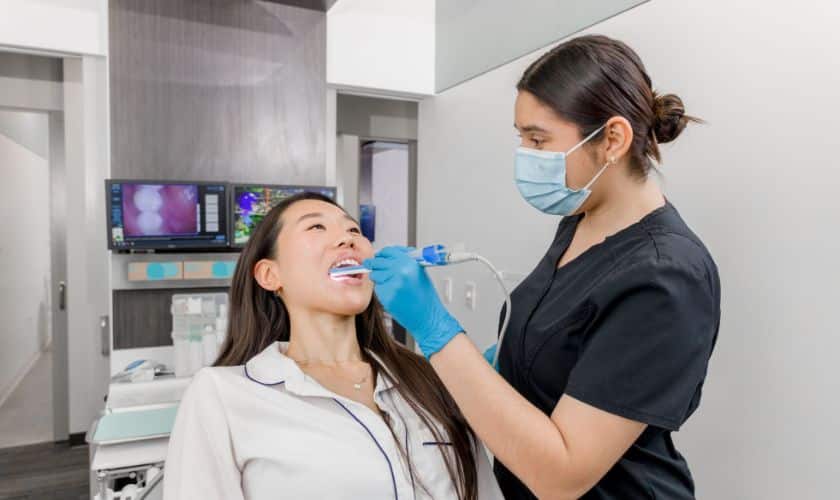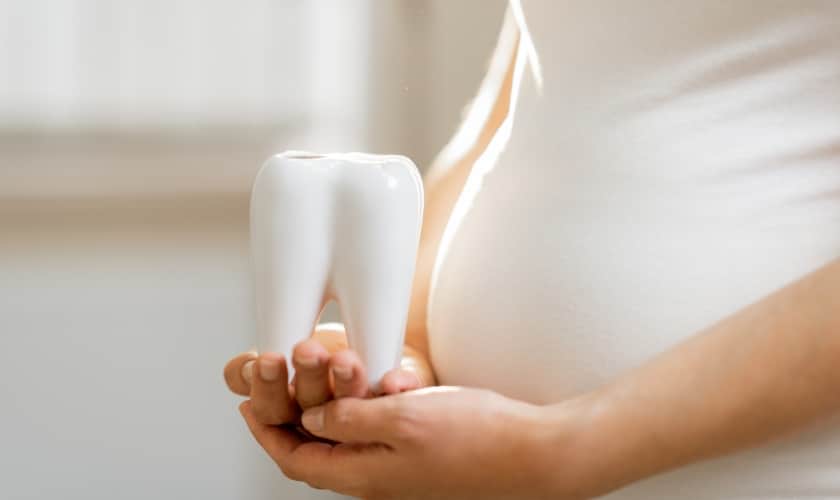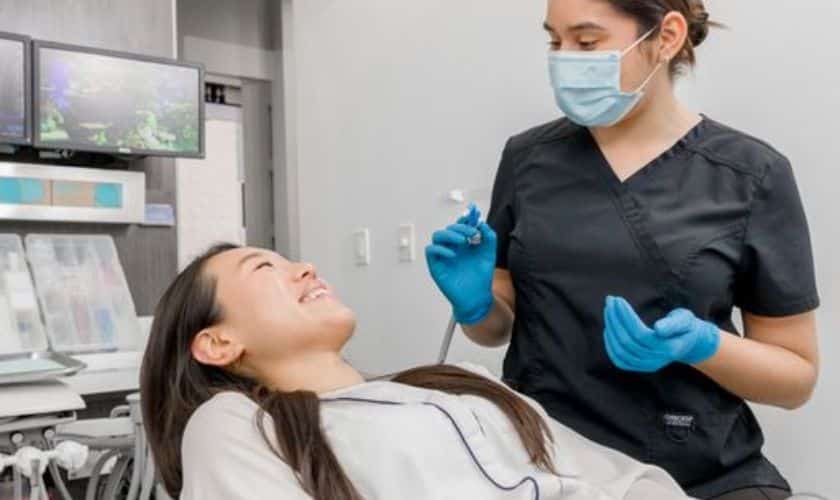Pearl Dental Blog

The Importance of Regular Dental Exams: How Often Should You Go?
Maintaining optimal oral health goes beyond brushing and flossing. Regular dental exams play a pivotal role in this journey, ensuring early detection of issues and preventive care. This introduction delves into the significance of these exams and the critical question: how often should you go? By exploring factors such as age, oral health history, and individual needs, we unravel the ideal frequency for dental visits. Understanding the balance between preventive care and personalized schedules empowers you to make informed decisions, promoting a lifetime of confident smiles and comprehensive oral well-being.
Understanding the Importance of Dental Exams
1. Preventive Care: Regular dental exams serve as a cornerstone of preventive care. These check-ups enable dentists to identify and address oral health issues at an early stage, preventing potential complications and costly treatments.
2. Early Detection: Dental exams allow for the early detection of problems such as cavities, gum disease, and oral cancer. Timely identification leads to more effective interventions and improved outcomes.
3. Overall Well-being: Oral health is intricately connected to overall well-being. Dental exams not only protect your teeth and gums but also contribute to systemic health by preventing infections and inflammation that can impact the entire body.
Factors Influencing Exam Frequency
1. Age and Life Stages: Dental needs change throughout life. Children, adults, and seniors have varying oral health concerns, affecting how often exams are needed to address age-specific issues.
2. Oral Health History and Current Conditions: Individuals with a history of dental problems or certain conditions may require more frequent exams to manage and monitor their oral health effectively.
3. Individual Needs and Risk Factors: Lifestyle, habits, and genetic predisposition play a role. Those with higher risk factors, such as tobacco use or a family history of dental issues, may need more frequent exams to prevent complications.
Guidelines for Dental Exam Frequency
1. Professional Recommendations: Dental associations provide general guidelines for routine check-ups. Typically, biannual exams (every six months) are recommended for maintaining optimal oral health.
2. Balancing Preventive Care: While biannual visits are common, the frequency might be adjusted based on individual needs and risk factors. Balancing preventive care with practicality ensures consistent monitoring without unnecessary visits.
3. Customized Schedules: Dental professionals assess your oral health history, current condition, and risk factors to recommend a personalized exam schedule. This tailored approach optimizes your oral care and addresses specific concerns.
Benefits of Regular Dental Exams
1. Preventing Dental Issues: Regular exams allow early detection of dental problems like cavities and gum disease. Treating these issues in their initial stages prevents them from worsening and requiring more extensive interventions.
2. Monitoring Oral Health: Consistent exams enable dentists to track your oral health progress over time. This ongoing monitoring helps identify any changes or trends and allows for timely adjustments to your oral care routine.
3. Education and Prevention: Dental professionals provide guidance on proper oral hygiene practices, including brushing, flossing, and diet. Educating patients empowers them to take proactive steps in maintaining their oral health, reducing the risk of future problems.
The Role of Professional Expertise
1. Identifying Issues: Dental professionals possess the knowledge and skills to detect even subtle oral health issues. Their expertise ensures that potential problems are identified accurately and early, minimizing the risk of complications.
2. Personalized Advice: Dentists offer tailored advice based on your oral health status. They recommend specific oral care practices, products, and treatments that suit your individual needs, optimizing your oral health management.
3. Collaborative Approach: Dental exams involve a collaborative partnership between you and the dental team. By leveraging their expertise and your active involvement, you work together to create a comprehensive oral care plan that addresses both immediate concerns and long-term goals.
Addressing Dental Anxiety and Concerns
1. Understanding Patient Apprehensions: Dental professionals acknowledge and empathize with patient anxiety. Open communication allows dentists to tailor their approach, providing a more comfortable experience.
2. Creating a Supportive Environment: Dental offices strive to create a welcoming atmosphere. Calming décor, friendly staff, and communication about each step of the process help ease anxiety and build trust.
3. Exploring Sedation Options: For individuals with severe dental anxiety, sedation techniques can be employed. Discussing these options with your dentist ensures a more relaxed and stress-free exam experience.
Ensuring Dental Exams Fit Your Lifestyle
1. Incorporating into Busy Schedules: Dental professionals understand busy lives. They offer flexible appointment times, making it easier for individuals to prioritize regular exams without disrupting their daily routines.
2. Choosing a Convenient Provider: Selecting a dental provider located close to your home or workplace simplifies the process of attending exams. Convenience encourages consistency in scheduling and attending appointments.
3. Making Health a Priority: Recognizing that oral health is an integral part of overall well-being motivates individuals to allocate time for regular dental exams. By valuing these appointments, you contribute to your long-term health and vitality.
Regular dental exams serve as a foundation for maintaining optimal oral health. Balancing professional recommendations with individual needs ensures a proactive approach. By addressing concerns, overcoming anxiety, and fitting exams into busy lives, individuals empower themselves to embrace a lifelong journey of confident smiles and comprehensive oral well-being.





